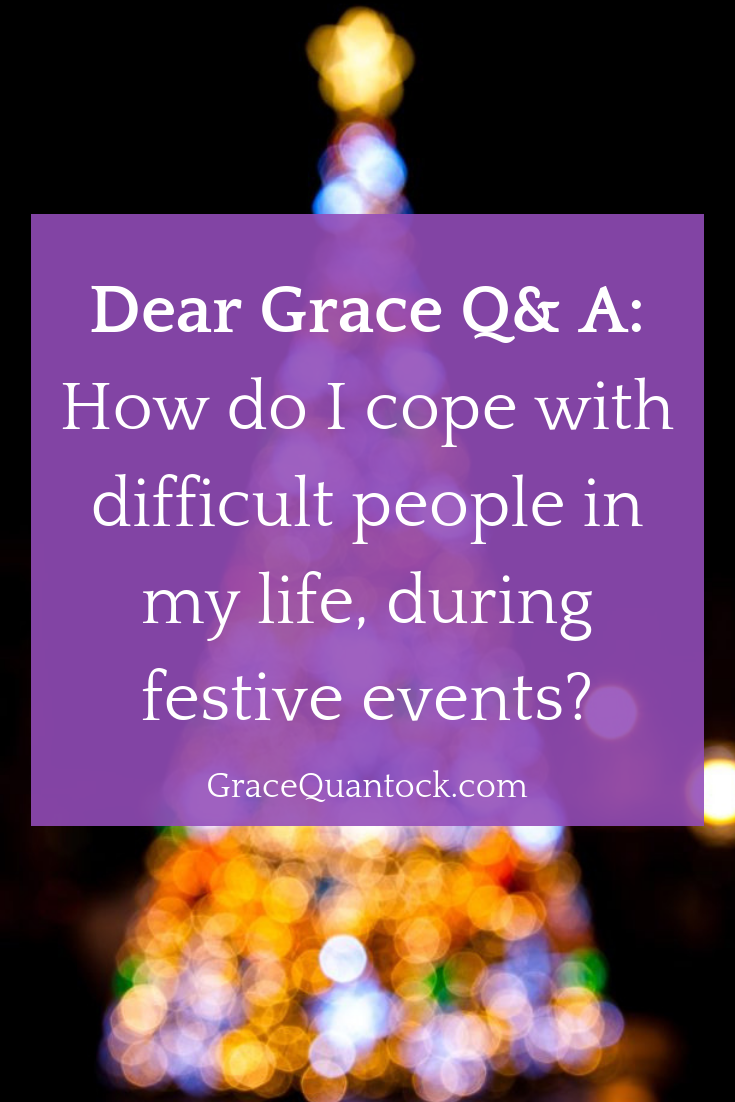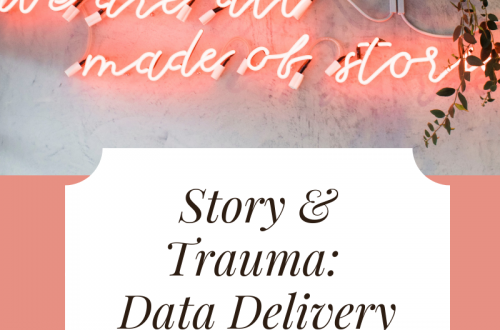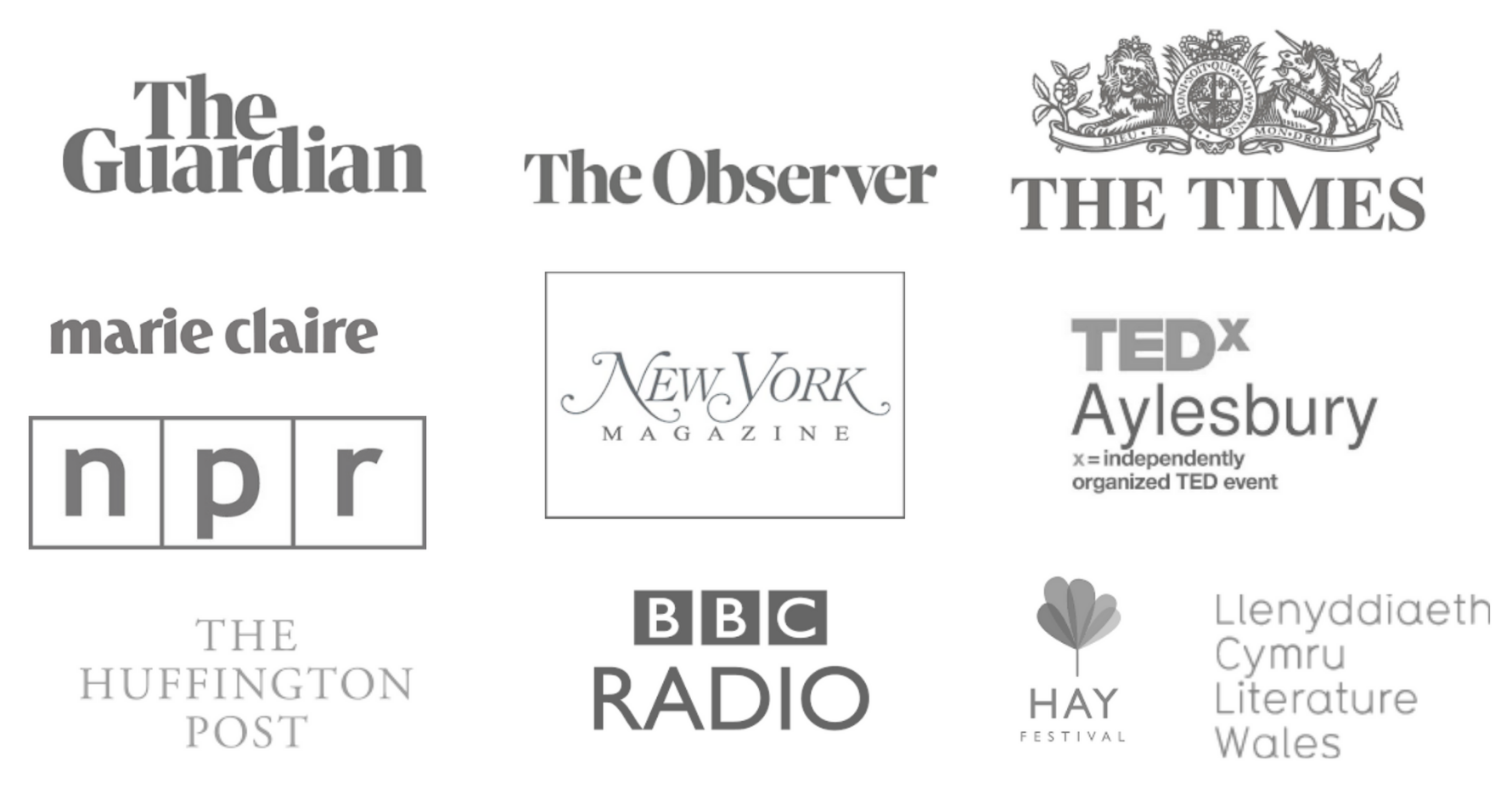Self-Care Sunday: Equanimity in the Face of Uncertainty

[Self-Care Sunday Series: wellness experts worldwide are sharing their self-care expertise, practices, routines and personal stories.Today’s guest post is by self-care revolutionary Christy Tennery-Spalding]
This is part four in a five part series on meditation and how it can help us to cultivate greater feelings of love for ourselves, each other, and the planet. In this series, I’m examining the Brahma Viharas (or the Four Divine Abodes), a Buddhist concept that refers to the sublime states we cultivate through meditation: compassion (karuna), lovingkindness (metta), sympathetic joy (mudita), and equanimity (>upekkha).
Today, we’ll examine upekkha, equanimity, and how we can wield it as a tool for resilience in times of uncertainty.
It can be helpful, in discussing equanimity, to first be clear on what it does not mean. It does not mean indifference. It does not mean that we are unmoved by consequences or outcome. It certainly does not mean that we are not invested or passionate about our work.
Equanimity does not equate a “Whatever” attitude.
Instead, equanimity, I understand it, is flow. It is a sense of trust and receptivity toward whatever will arise. When we rest our minds in equanimity, we are not attached to outcome. We are at peace in our actions and in our purpose. But we do not act in alignment with our purpose in order to achieve something in particular.
In the Bhagavad Gita, there is a line in Chapter Two that states that we are entitled to our rightful work, but not to its fruits or results. This is equanimity: goodness for its own sake. Rightful action because it is rightful — not for any greater benefit.
Upekkha can support us and ground us in what we know to be rightful, while freeing us from disappointment, attachment or aversion. For instance: we do not meditate to “win” at meditation. We meditate for its own inherent goodness. This is part of how we cultivate equanimity: through devotion in our practice, without the promise of external reward.
Likewise, we can apply this to healing or change-making work.
For instance, I live with scoliosis in my spine. It’s been there for a long time and I assume that it will be there for years to come. I live alongside it. Some days, the pain is greater. Some days, it is less. I never know what I’ll get when I wake up in the morning.
For some, this would be deeply troubling, this uncertainty. But it is a great teacher in equanimity. In relationship to my spine, I dance with equanimity often.
I take good care of my body, my mind, my spiritual well-being. I eat a nutritious variety of food, enjoy movement practice, and am relatively active. I also read spiritual texts and practice self-care for my whole being. None of this guards against the scoliosis or back pain in general. Some mornings, I wake, and the pain is there.
This pain does not mean I have failed. It is not the desired outcome, certainly, of my self-care. But nor does it point toward failure. I am not “bad” and my back is certainly not “bad” because there is pain. It simply is. When the pain is there, I tend to rest. When I feel well, I tend to be active. Regardless of the unpredictability of my body and its healing arcs, I treat myself well, showing it kindness and respect through my words and practice.
Likewise, there is space for equanimity practice in the larger world as well. Whether it’s an election outcome, a particular injustice, or some other situation in the world, we may feel powerless to affect a desired outcome.
But what if we reversed that perspective?
What if, instead, we simply went about our work anyway? We could use the energy that we might otherwise spend on worrying or feeling helpless, and instead, roll up our sleeves and do what we can. None of us can change the course of history alone. None of us can do it all. But we can choose to do our own little bit.
We can choose to act in a way that is aligned with our hearts, regardless of the outcome. Yes, there will be some people left unserved or some struggles for justice that we lose. But through the cultivation of equanimity, we can take refuge in the work itself. We can find hope, interconnection, and peace knowing that we tried — regardless of the outcome.
A gift: Christy has made you a lovely Lovingkindness Mini-Toolkit that you can download here.
And check out Christy’s work at ChristyTending.com

Christy Tennery-Spalding is a self-care mentor, healer, activist, and writer. She works with world-changing individuals to help them craft amazing self-care practices. She is the creator of Hella Metta, a 10-day meditation e-course to cultivate fierce lovingkindness. She lives in Oakland, California with her husband and their feral cats, Dorothy & Harriet. Find free self-care resources to start your practice on her website, ChristyTending.com.
What is your experience for compassion? Let us know in the comments.
P.S You might also enjoy top 5 mindfulness meditation challenges transformed and ASMR guided meditation for chronic pain.





